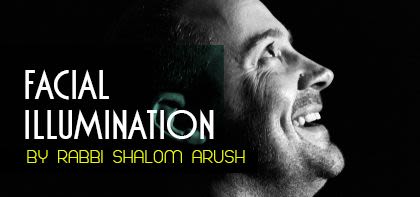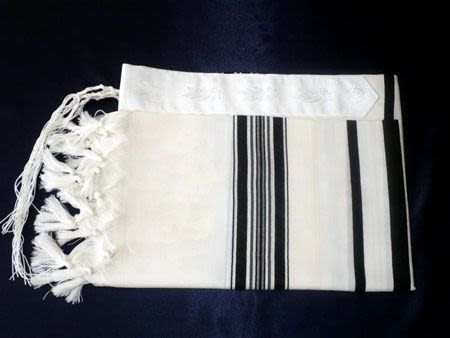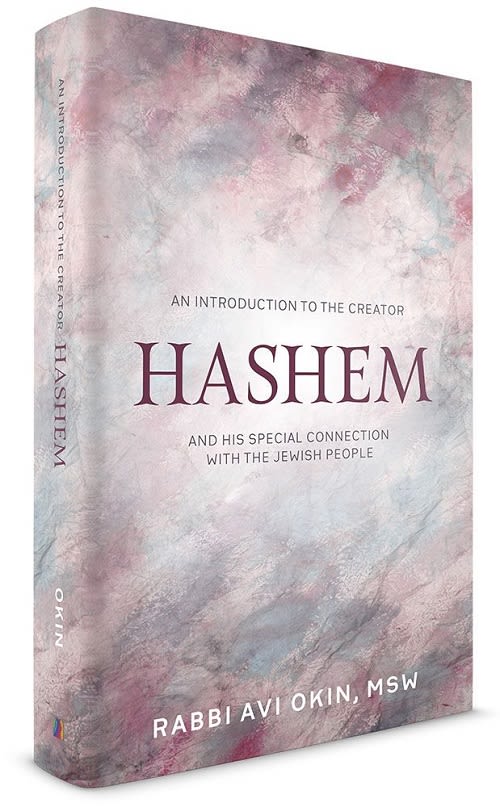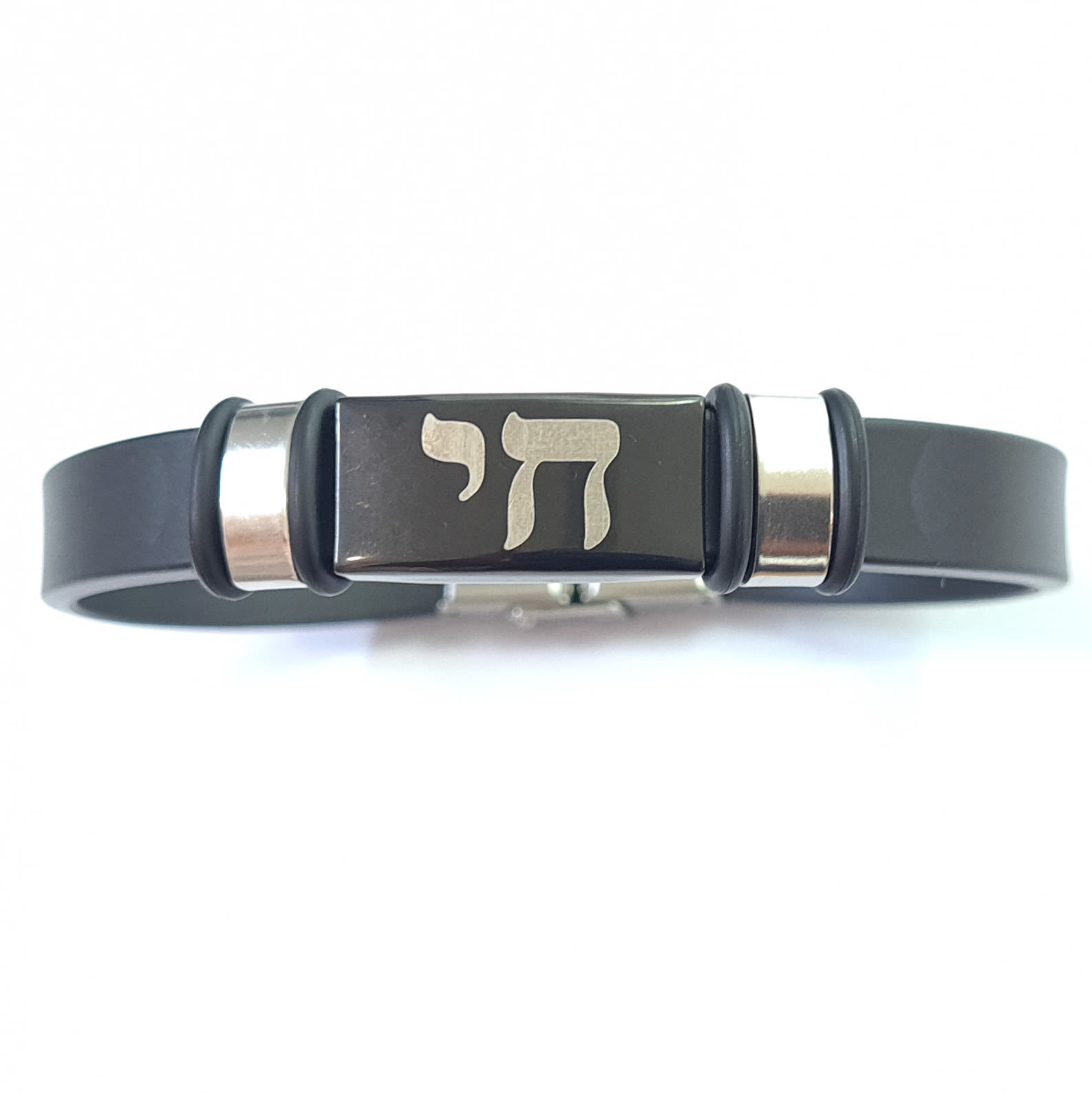
Facial Illumination
We must observe all of Hashem's mitzvot, but we must place special emphasis on the mitzvot between man and fellow man. This is what Hashem wants from us…

Torah’s highest level is when one fully lives what he learns.
The Gemara tells us how Hillel the Elder applied his own teachings to daily life. An insolent person bet the equivalent of $400 with his friend that he would succeed in making Hillel lose his temper. He went to Hillel’s house on Friday afternoon at the time when Hillel was bathing in preparation for Shabbat. He yelled, “Who here is Hillel? Who here is Hillel?” while being visibly disrespectful. He bothered Hillel repeatedly with a bunch of stupid questions. Time after time, Hillel interrupted his bath, wrapped himself in a towel and answered the person patiently. When the insolent man saw that Hillel remained calm, he became angry and growled, “Are you the Hillel who people call the President of Israel? There should not be many like you in Israel!”
Hillel asked him why he said such a thing. “Because I bet somebody that I could make you lose your temper, and because of you, I lost 400 bucks!”
Hillel said, “Better that you should lose 400 zuz (dollars) and another 400 zuz than Hillel should be short-tempered.”
For Hillel, patience, calm, politeness and an illuminated face that shone with love for every human – even the most bothersome, gruff or insolent person – were the most important aspects of his Judaism. Despite all the lofty benefits of purity and holiness that a person invokes by immersing in the mikva (ritual bath) before Shabbat, kindness to others was even higher than mikva on Hillel’s list of priorities.
A person might think, “The main thing is that I am a G-d fearing person and I’m uncompromising in my observance of the commandments between man and G-d, the minor ones as well as the major ones.” That’s not a totally accurate approach. Sure, we must observe all of Hashem’s mitzvot, but we must  place special emphasis on the mitzvot between man and fellow man. This is what Hashem wants from us.
place special emphasis on the mitzvot between man and fellow man. This is what Hashem wants from us.
What’s more, the barometer of whether Hashem is pleased with a person or not, in the words of our sages, is, “He whom others are pleased with, the Almighty is pleased with; if others are not pleased with him, the Almighty is not pleased with him” (Mishna, Avot 3:10). Would you like to know whether the Almighty is pleased with you or not? Make sure that your demeanor is pleasing to others.
Would you like to connect to the Creator, not only to please Him? Make His children happy and love them; that way, He’ll be delighted when you speak to Him, for when others are pleased with you, He will be too. The opposite is also true. Our sages did not say that the Almighty would be pleased with the greatest Torah scholar or the individual who observes His mitzvot with the greatest stringency. The Almighty loves a person who is kind, considerate, peace-making and peace-seeking, with whom others feel comfortable and pleasant.
We should all strive that others are always pleased with us and with our actions so that they’ll love us and bless us. Make sure that no one holds a grudge against you and that no one will curse you, Heaven forbid. Make an effort to give in to others even though it’s not easy. This way, the Creator will be pleased with you and this is what will bring you the biggest blessing in life.












Tell us what you think!
Thank you for your comment!
It will be published after approval by the Editor.